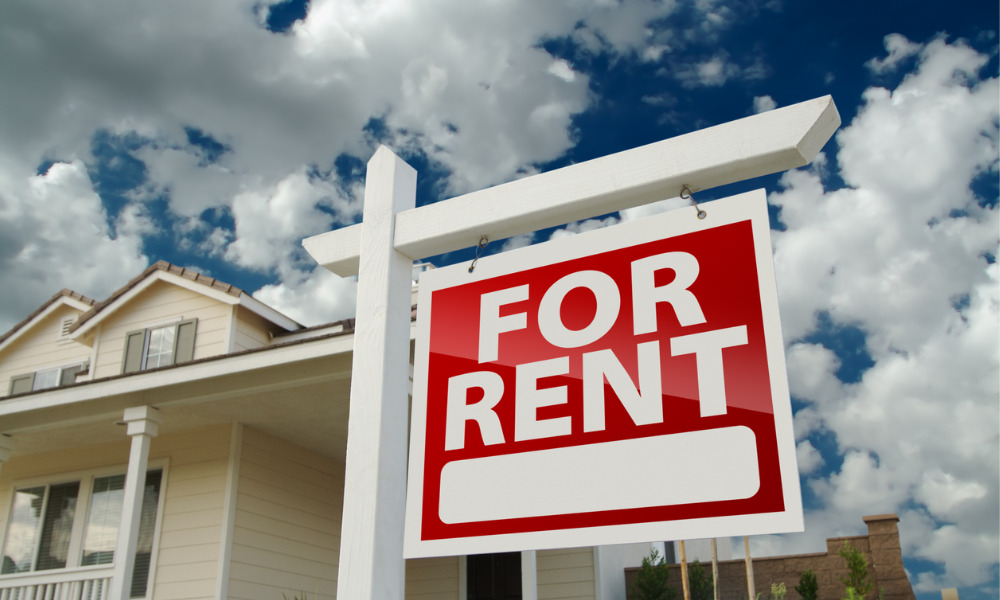The deceleration seemed to begin in earnest at the tail end of 2023, says president

While rents in Canada will almost certainly remain elevated in 2024, price growth will likely be slower due to multiple pressures, according to Shaun Hildebrand, president of Urbanation.
“It’ll be a slower year for rent increases, particularly in the more expensive markets,” Hildebrand said in an interview with BNN Bloomberg.
The deceleration seemed to begin in earnest during the tail end of 2023, especially in high-demand markets like Toronto and Vancouver.
“If you are a renter that’s looking for a unit in Toronto or perhaps Vancouver, the next few months would be quite favorable to do so, but the structural supply deficit in these markets is still very acute,” Hildebrand said.
Still, would-be renters in these regions can benefit from this cooling trend during the first few months of 2024, he added.
Hildebrand noted that if inflation continues to slow down this year and if the Bank of Canada begins cutting its policy rate, the pressures on rent prices could ease with more Canadians moving back into homeownership.
Latest figures from Urbanation show that the average asking price for a rental unit in Canada grew by 8.4% annually to reach $2,174 in November. This was a slower year-over-year pace of growth compared to that seen in October (9.9%) and September (11.1%).
Finance Minister Chrystia Freeland is set to announce tax changes aimed at restricting the use of Airbnb and other short-term rental services in regions of Canada with existing restrictions.
— Canadian Mortgage Professional Magazine (@CMPmagazine) November 21, 2023
Read more: https://t.co/RlgJD3KkPz#mortgageindustry #airbnb
However, for Steve Pomeroy, senior research fellow for the Centre for Urban Research and Education at Carleton University, it will take some time for the positive impact of the recent surge in rental construction to manifest.
“I don’t see things getting better in the short term,” Pomeroy told BNN Bloomberg.
“We’ve actually significantly increased our game in terms of adding new rental supply,” he said. “But it’s a lag issue. It’s going to take a bunch of years … to catch up, and if we don’t suppress demand in the short term, we’re going to continue to have short-term pressures.”



